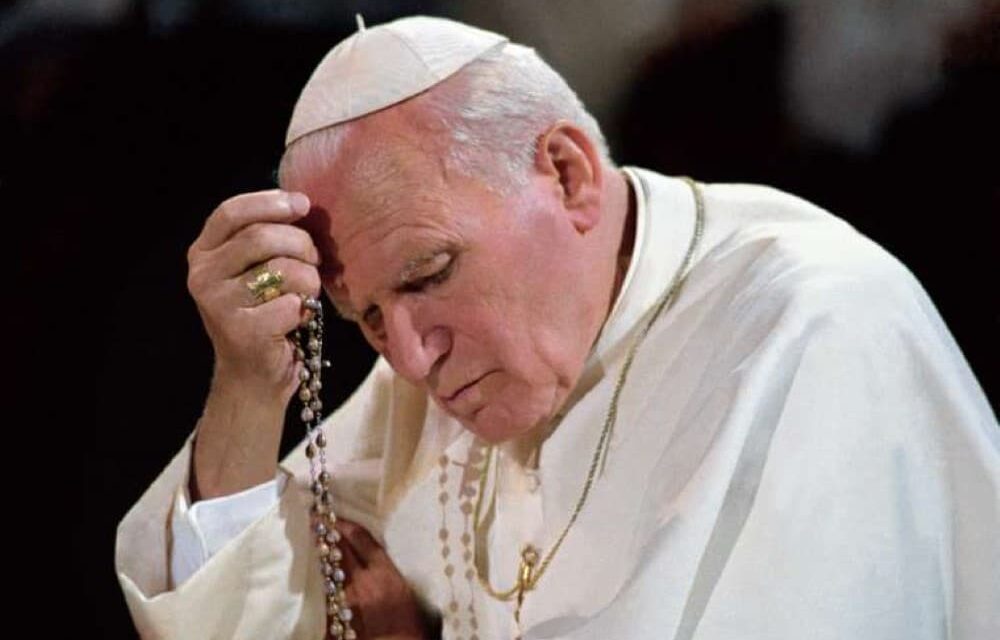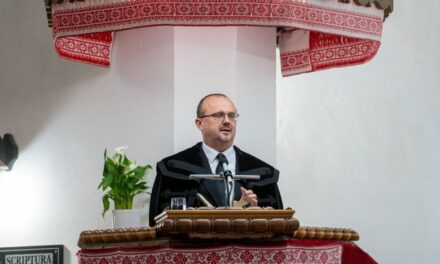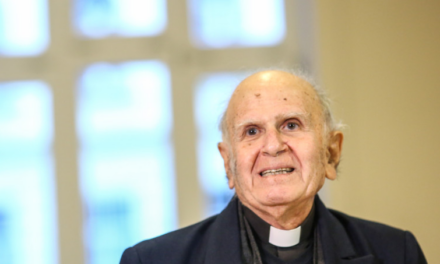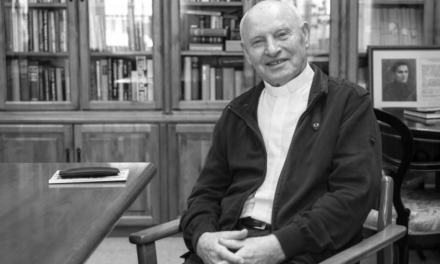There are many similarities between the XII. The previous discrediting campaign against Pope Piusz (head of the church between 1939-1958) and II. It reached its peak amid the current smear campaign against János Pál (1978–2005). According to some Polish press opinions, not much is missing for the Polish pope to be called a "new XII" in the left-liberal media. Pius" should be.
In Poland, the incessant attacks against the respected late pope, one of the most respected figures in Polish and Central European and even world history in the 20th century, are causing great indignation. At the same time, in the conservative media, articles and statements supporting Karol Wojtyla and calls for the defense of the late pope are coming together.
The two leading conservative weeklies, Do Rzeczy and Sieci, also drew a parallel between XII. Pius and II. Among the fate of János Pál. It was pointed out that until the 60s of the last century XII. Piusz's behavior in the Second World War was considered particularly heroic. However, this public opinion suffered as a result of the discrediting action of the secret services of the Soviet bloc. It has not yet been possible to completely restore XII. Piusz's good reputation, despite the fact that historians have authentically refuted the "black legend" about him. One can invariably come across opinions that he was "Hitler's Pope", even though he saved the persecuted Jews and was ready to accept the most serious consequences for this.
What is II today. It takes place around János Pál, eerily reminiscent of XII. to the fate of Piusz. The pope, who less than two decades ago was dismissed as an outstanding figure of the 20th century, who contributed to the fall of communism in Europe and defended human rights, has become an object of ridicule for many young people in his own country. In some social groups, the completely baseless belief that he "concealed pedophilia" is a completely unfounded belief.
At the end of November last year, the Catholic organization Life and Family Center (CZR) organized a conference entitled "In defense of the protector" in Warsaw. In their statement, they emphasized:
The goal of the aggression is clear:
by destroying the authority of the holy pope, they want to discredit his teaching on marriage, the family and the sanctity of life, and they want to deal a blow to the Church as a whole. The attack on the most important values actually means the struggle between the civilization of death and the civilization of life, an attempt to create a new order in which these fundamentals of social life are forgotten.
Manipulation and disinformation spread faster than proving the innocence of the defamed person and correcting them. The scheme of undermining authority is well known: it starts with an attack on the environment of a prominent personality, and if it is successful, a targeted attack on the selected victim can follow.
The final step is to spread lies in movies, magazines, books, and other cultural forums. The Soviet Union also used this scenario in the anti-communist XII. against Pius,
whom he considered one of his main opponents. Immediately after the end of the war, he tried to discredit him, claiming that he collaborated with the Nazis and contributed to the persecution of Jews. Few people gave credence to this primitive and aggressive slander, something more was needed. But that had to wait until the Pope was dead so he couldn't defend himself. The same method is used in II. also against János Pál.
In both cases, they resorted to the help of morally corrupt churchmen who collaborated with the communist secret services. The XII. In the case of the disinformation campaign launched against Piusz, this was, among others, the Romanian Jesuit Francisco Josif Pal, who was organized by the Securitate in 1950.
In its latest article attacking Karol Wojtyla, the left-liberal Gazeta Wyborcza cited, among other things, the testimony of Catholic priest Anatol Boczek, who was an agent of the Polish communist secret service (SB). He was in dispute with the Cracow manor and tried to blacken it. He had weak morals and also struggled with alcoholism. Like the Romanian Jesuit, he also reported on other fellow priests.
It is a proven scenario that the target person is attacked only indirectly at first. This is how he acted in Rolf Hochhuth's drama The Governor, published in the early 1960s, which caused a great response, in which XII. He accused Pius of sympathizing with Hitler. The Pope himself does not appear in the play, but the author clearly suggests that he is guilty of collaborating with the Nazis. The same method was used by Marcin Gutowski, an employee of the American-owned TVN Polish television station, in his reportage entitled Don Stanislao. Although in the center of the accusations Stanisław Dziwisz, II. He is the personal secretary of János Pál, the author suggests that the Pope was also involved in some cases.
Source: Hungarian Nation
Featured image: Vatican News













